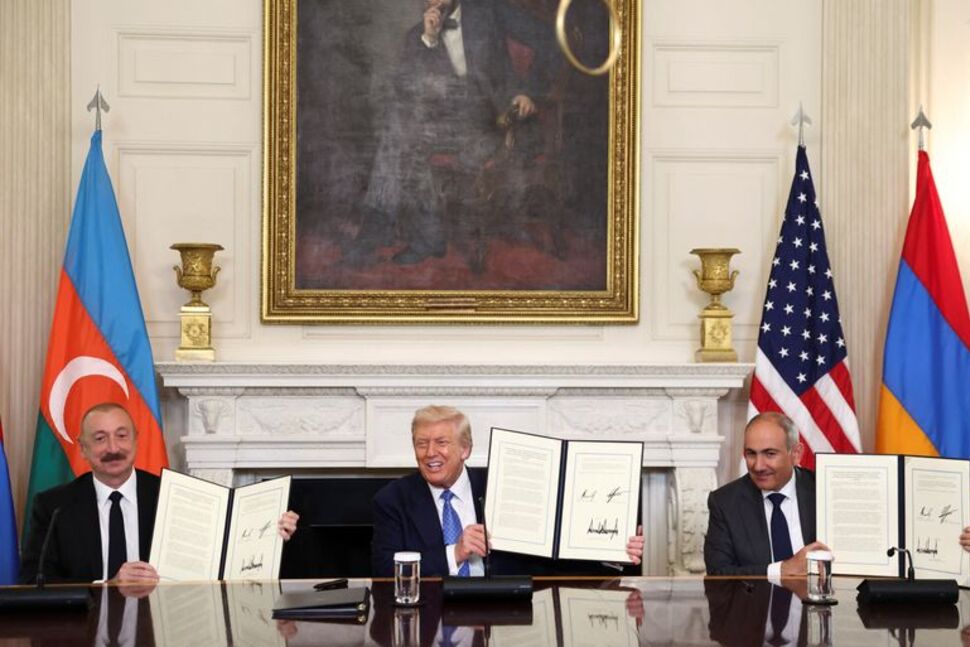A new peace initiative sponsored by U.S. President Donald Trump aims to resolve the decades-long conflict between Azerbaijan and Armenia over Nagorno-Karabakh. The plan, known as the Trump Route for International Peace and Prosperity (TRIPP), proposes a transport corridor through southern Armenia that would connect Azerbaijan to its exclave of Nakhchivan and link it to Turkey, potentially transforming regional trade and energy exports.
Iran’s Opposition And Russia’s Exclusion Highlight Geopolitical Tensions Surrounding Caucasus Peace Deal
Iran has strongly opposed the corridor, threatening to block it and signaling readiness to defend its regional interests with military exercises in northwest Iran. Iranian officials claim the corridor could destabilize the area, with a top adviser to Iran’s supreme leader warning that the project would face severe resistance. Despite Iran’s objections, experts believe Tehran may lack the military capacity to physically prevent the corridor’s development.
The peace agreement excludes Russia, a key regional actor and Armenia’s traditional ally, who expressed reservations about Western-led mediation efforts. Russia favors solutions developed by regional countries and their immediate neighbors, including itself, Iran, and Turkey.
Turkey, an ally of Azerbaijan and NATO member, welcomed the deal. The summit, hosted by Trump, brought together Azerbaijani President Ilham Aliyev and Armenian Prime Minister Nikol Pashinyan, who both support the initiative.
Armenia’s Constitutional Reforms And Unclear Corridor Details Pose Major Peace Implementation Challenges
Despite optimistic rhetoric, significant challenges remain, particularly Armenia’s need to amend its constitution to remove territorial claims on Nagorno-Karabakh a prerequisite for Azerbaijan to finalize peace.
Armenia plans a constitutional referendum, but no date has been set, and parliamentary elections are due in 2026. Additionally, key operational details about the corridor, such as customs protocols and reciprocal access rights, remain unclear and could impede implementation.
While Azerbaijani officials express hope that the peace deal will soon be finalized, experts caution that many questions remain unanswered. The durability of the agreement depends on complex political, constitutional, and logistical factors yet to be resolved. Meanwhile, regional powers, including Russia and Iran, continue to monitor the evolving situation, highlighting the intricate geopolitical balance in the South Caucasus.

Leave a Reply